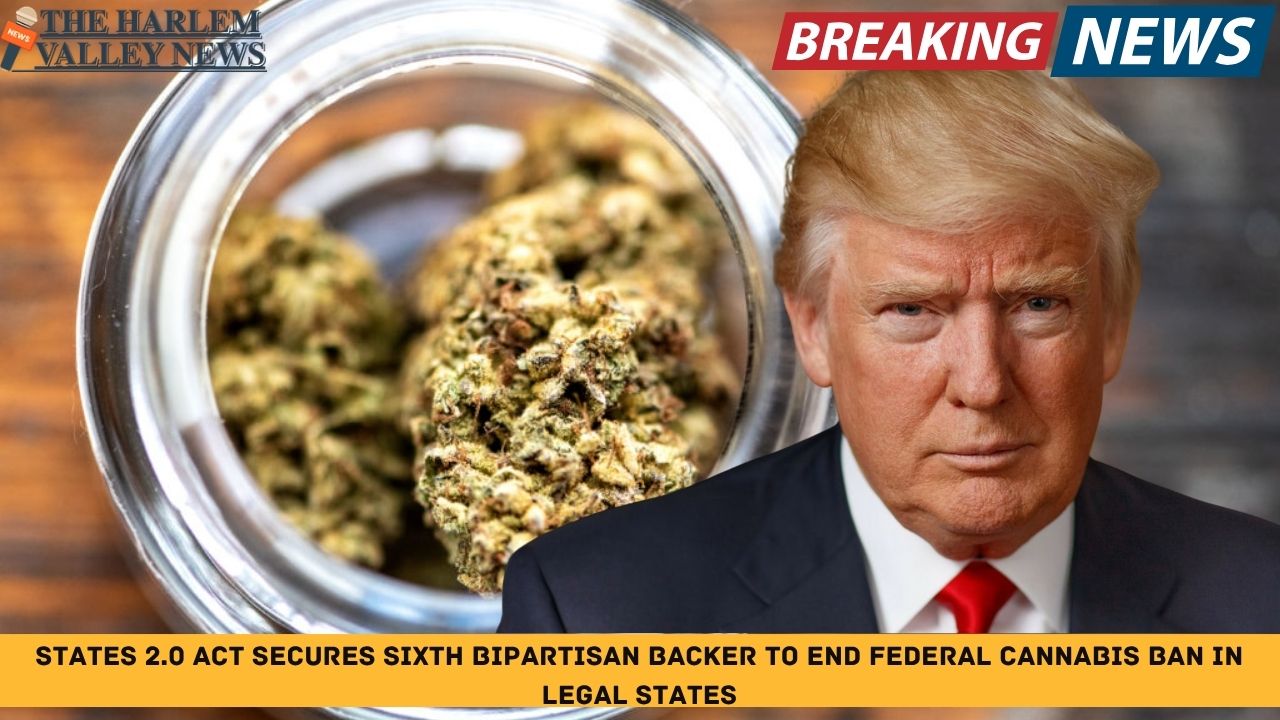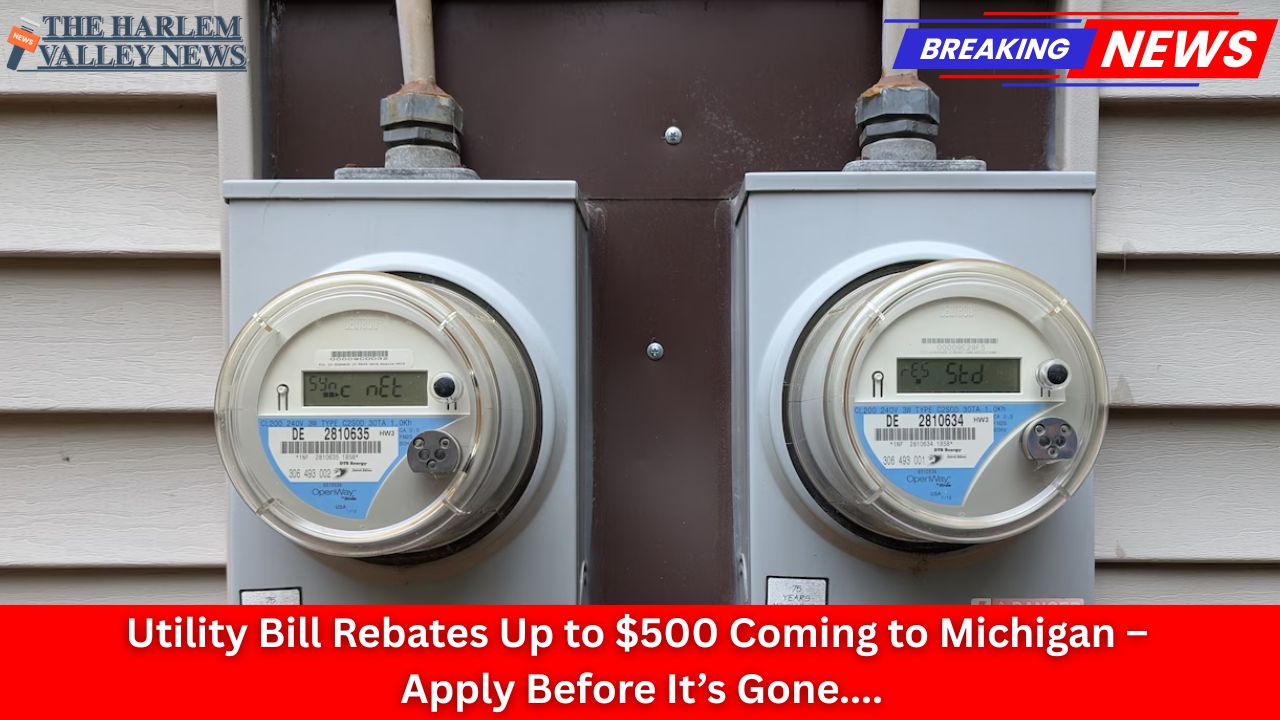The U.S. Congress is witnessing significant progress in cannabis reform with the introduction and growing support of the STATES 2.0 Act, a bipartisan legislative effort aimed at ending federal cannabis prohibition in states that have chosen to legalize the substance. This landmark bill redefines the cannabis landscape by seeking to align federal law with state policies, protecting businesses and individuals who comply with state cannabis laws from federal interference.
The Emergence of the STATES 2.0 Act
The STATES 2.0 Act, formally known as the Strengthening the Tenth Amendment Through Entrusting States 2.0 Act, was reintroduced in Congress in 2025 by Representatives David Joyce (R-Ohio), Max Miller (R-Ohio), and Dina Titus (D-Nevada). It has recently gained its sixth bipartisan cosponsor, Representative Val Hoyle of Oregon, highlighting growing legislative momentum across party lines. The bill has gathered champions from diverse states reflecting a nationwide demand for sensible cannabis policy reforms.
What the STATES 2.0 Act Proposes
At its core, the STATES 2.0 Act aims to amend the federal Controlled Substances Act (CSA) to prohibit the federal criminalization of people and businesses operating in compliance with state or tribal cannabis laws. This shift respects state sovereignty and the will of voters in states like Colorado, California, Nevada, Oregon, and Illinois, which have already legalized recreational cannabis.
The legislation also addresses one of the industry’s most pressing challenges by authorizing interstate cannabis commerce between states and tribal territories that permit legal cannabis. This would enable businesses in legalized states like Michigan, Massachusetts, and Washington to transport products across state lines without fear of federal legal repercussions, thus fostering a more integrated market.
Furthermore, the bill proposes a revision of the federal tax code to treat cannabis businesses like any other lawful industry, tackling the financial discrepancies currently faced due to IRS tax code section 280E, which prevents many cannabis operators from deducting normal business expenses. This adjustment could significantly enhance the economic viability and growth potential of cannabis enterprises nationwide.
The Federal Regulatory Framework
The STATES 2.0 Act introduces a federal regulatory scheme distinct from outright federal legalization. It designates the Food and Drug Administration (FDA) as the authority to regulate cannabis products marketed as drugs, dietary supplements, cosmetics, or food items, ensuring consumer safety and quality standards in a manner similar to alcohol regulation.
Taxation is envisioned to be overseen by the Alcohol and Tobacco Tax and Trade Bureau (TTB), which would regulate and track cannabis commerce, including interstate trade. While the Act includes provisions for a federal excise tax, it specifies that such taxation should not exacerbate the existing high tax burden states already impose, aiming to avoid the cumulative “tax pyramid” effect detrimental to the industry’s competitiveness.
Protecting States’ Rights and Community Values
Importantly, the bill recognizes that states and tribes may choose to maintain prohibitions within their borders and therefore includes provisions that protect their right to impose reasonable restrictions on cannabis production, distribution, and possession. This ensures that communities can shape cannabis policies that best reflect their local values and needs.
The Act also includes protections to guard against cannabis being mixed with harmful adulterants such as alcohol and tobacco, contributing to public health objectives. Additionally, it calls for federal rules within 180 days of enactment to exclude qualifying state and tribal cannabis programs from federal prohibition, signaling a swift transition toward legal clarity.
National Impact and Industry Implications
With over two dozen states having legalized recreational cannabis and nearly 40 states permitting medical marijuana use, the STATES 2.0 Act responds to a growing national consensus for reform. States such as Arizona, New York, and New Jersey have become prominent cannabis markets, generating substantial tax revenues and creating thousands of jobs.
If passed, the Act’s framework could attract more investment capital, allow banks and financial institutions to engage more fully with cannabis businesses, and boost ancillary industry participation, including insurance and stock market listings. Some financial barriers that have historically hampered cannabis companies in cities like Denver, Los Angeles, and Seattle could be eased significantly.
The legislation’s bipartisan nature and the involvement of representatives from diverse geographic regions such as Ohio, Oregon, Nevada, Florida, and more underline widespread recognition that the current federal approach is unsustainable and counterproductive. They highlight the pressing need for a coherent regulatory environment that balances public safety, economic opportunity, and state autonomy.
The Road Ahead
Despite failed attempts in previous congressional sessions, the STATES 2.0 Act represents an incremental but meaningful step toward reconciling federal law with state cannabis policies. Advocates emphasize that the bill lays critical groundwork for the eventual full federal legalization and comprehensive regulation of cannabis.
The pathway charted by STATES 2.0 could reduce unnecessary criminal prosecutions, alleviate burdens on law enforcement, and free up resources to address more serious crimes, benefiting communities nationwide. As Congress debates the proposal, stakeholders from legal cannabis producers in cities like Portland and Detroit to public health officials in Raleigh and Tampa watch closely, hopeful that a new era of cannabis policy is nearing fruition.
This evolving legislative effort encapsulates a major shift in U.S. drug policy, from prohibition toward pragmatic regulation that respects states’ decisions and addresses economic and social realities. The STATES 2.0 Act is not just a promise of reform but a blueprint for a regulatory future that could redefine cannabis in America.
















Leave a Reply